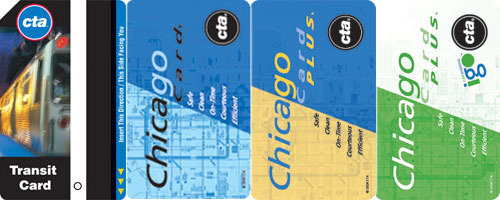
It's easy, I promise. Here we go.
"...items may have shifted during flight."
Where could we be? Only one possible answer, right? On a plane!
Okay, now, who's talking? The flight attendant! Of course!
You can probably even tell me that he/she is making an announcement, to all passengers, over the loud speaker.
How is it that you can quickly situate this short fragment of a sentence in place and time?
Ah, the magic of "jargon." Whether you feel "jargon" has a negative connotation, or whether it's simply defined as "lingo" familiar to a group or organization, such as a business or profession, you need to only take one flight or see one TV sit com filmed on an airplane, and you recognize this familiar warning to passengers. You can likely also rattle off a few more. Give it a try! Why not!?
(What did you come up with? How about, "I will walk around to collect any 'service items.'" Who says that? 'Service items?' Really?)
So, why do we care about jargon? What "work" does it do?
If you are a flight attendant, you are part of the airline's culture, and perhaps certain expressions are tailor-made to suit the job. If you are a passenger, you may find it part of the experience of flying to hear this kind of "jargon." Just as you may expect a gondolier to sing to you when you travel to Venice. Of course, you also may find it irksome. For sure, jargon is the butt of many jokes - whether you are in the organization (and proficient in the jargon) or not.
My first semester in graduate school (in a linguistics program), I tackled a research problem that had fascinated me for years. I was interested in finding out what my coworkers attitudes were toward the "jargon" at work, and, more importantly, I wanted to know (as a young professional with some serious ambition!) whether mastering "jargon" (and using it A LOT) was somehow conflated with exuding executive presence.
I needed data...I surveyed over 100 coworkers about "our lingo." The high (over 80%) participation rate in the survey signaled just how exciting this topic was (and is) at work! In trying to gauge *attitudes* toward jargon, I asked participants to indicate whether the jargon they hear/see is used mostly by themselves or others. The answer, OTHERS. My sampling was a group of people from my own social network at work. Otherwise, it was a mixed group by level, team, and tenure. I wondered if somehow *I* attracted people who decidedly did not use jargon. Was I work friends with a bunch of purists?! How could it be? Or, did they not want to admit to it?!
We certainly are not going to resolve this in one blog post. But I do invite you, in the spirit of smooth communications and building awareness of your own communication style...to take note of your own expressions. Is there any work jargon that you use with customers? Or outside of work settings? If so, what's the impact on others? Misunderstandings? A little levity? Or do they "get it" and feel included and cozy for understanding it? Or do you, with one small phrase or expression, set yourself apart...and push them out?



